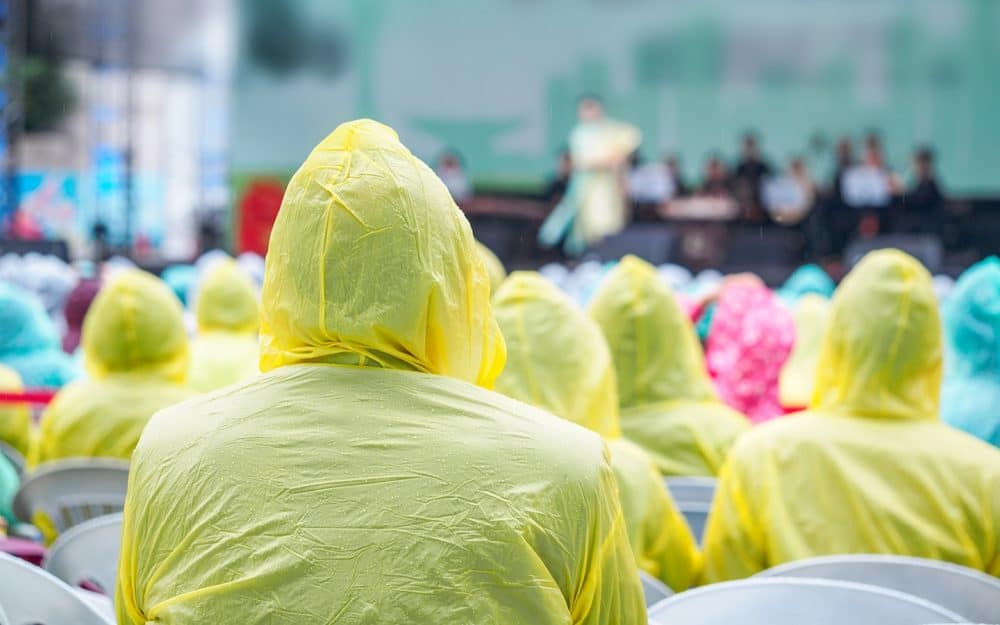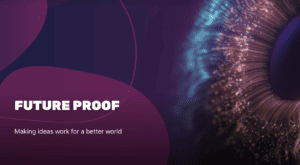Will Edinburgh’s August festivals need to be scheduled in less hot months of the year as global temperatures rise, putting performers and attendees at risk? How will Scotland’s seaside festivals survive if all their venues are consistently flooded out from sea level rise? Will some festivals need to take place on floating platforms due to rivers overflowing into floodplains that are now used as temporary events venues? With more days of high winds disrupting travel and outdoor activities, how will Scotland’s festivals cope?
In the past few years, environmental sustainability has become a vital part of strategic planning for the cultural sector and tourism industries in Scotland. Through the work of organisations like Creative Carbon Scotland, the creative industries are experiencing a massive shift towards more sustainable production practices. At Creative Informatics, my colleagues created the film Data Driven Innovation for Sustainable Creative Practice to describe how the creative industries are tackling climate change both through fundamental changes to Scotland’s culture, and through radical new ways of doing business.
But the medium- to long-term impacts that a changing climate will have on cultural events and venues has yet to become a core focus of proactive risk planning for the organisations most likely to be impacted. Without exploring possible future risk scenarios from sea level rise, flooding, high winds, and increasingly fluctuating temperatures, events and venues may find themselves increasingly reaching for the emergency binder. The impact of a climate related incident, or series of escalating incidents, could also be felt more widely through societal impacts like increased demand on emergency services and strain on transport networks, or through economic impacts like cancelled accommodation bookings and reduced ticket sales.

Creative Informatics has been collaborating with researchers in EFI’s Traveltech for Scotland network, the University of Edinburgh Business School, and the Edinburgh Climate Change Institute to start dialogue about the climate risks Scotland’s festivals will be facing in the years to come. With strong connections across the cultural, tourism, and public planning sectors, we are in a unique position to provide space for multidisciplinary discussions. Having a shared challenge but many different perspectives can be a powerful way to uncover multiple facets of the same challenge. This opens a wider scope for imagination to consider new solutions to shared problems. These discussions are in their early phases, but we hope to continue bringing this rich dialogue to fruition in 2023.
Industries like banking and insurance are already using ever more detailed risk prediction mechanisms to decide where to put their money—and what’s just too risky to keep doing. When we talk about sustainability at Creative Informatics, we mean both the environmental impact the sector has on the world around us, but also its the long-term viability for the people and organisations working in it. The cultural sector, and the related planning bodies and agencies that intersect with it, would benefit from taking a leaf out of the insurance agents’ books in this case. We need a multi-agency approach to developing the appropriate infrastructure to sustainably continue the thriving world-leading cultural sector from which Scotland currently benefits.
Related links
Data Driven Innovation for Sustainable Creative Practice (film)
Edinburgh Climate Change Institute
Header image: University of Edinburgh
Image: yanjf via Getty Images







